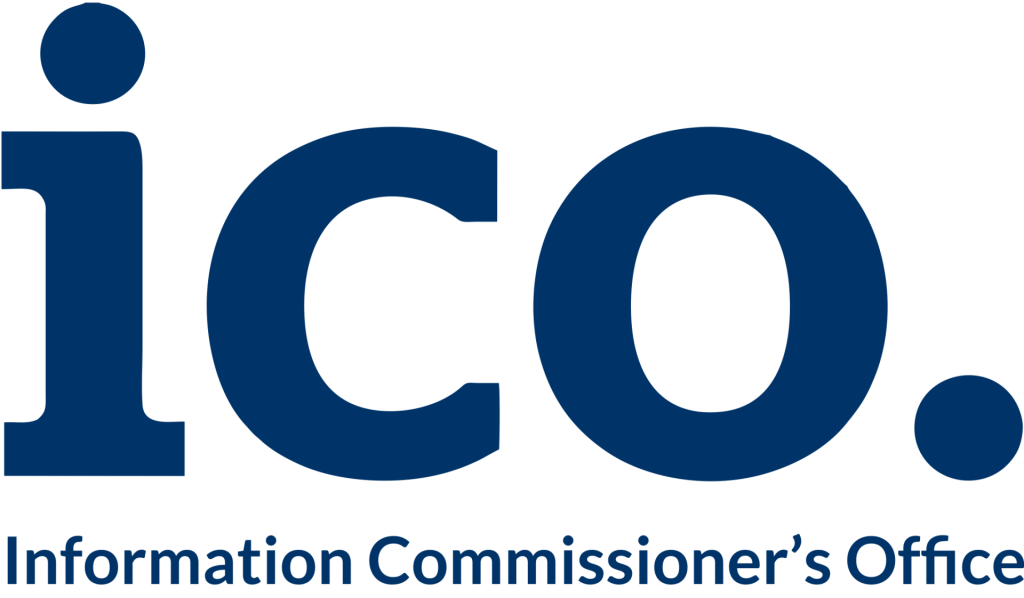Family reunification has always been one of the most human-centered aspects of immigration, and in 2026, it is more significant than ever. With globalization spreading families across continents, the demand for spousal, dependent, and parental visas is at an all-time high. Governments are responding by modernizing family reunification programs, reducing processing backlogs, and expanding eligibility categories. This reflects an acknowledgment that strong family units foster better integration and long-term settlement outcomes. One key trend in 2026 is the introduction of digital-first application platforms for family visas. Applicants can now submit, track, and update their cases entirely online. This innovation reduces paperwork burdens and accelerates decision-making. Many countries are also offering priority lanes for vulnerable groups, such as children or elderly parents requiring urgent care. Technology is making family reunification more accessible, while also ensuring stronger verification against fraudulent marriages or sponsorship abuse.
Economic considerations remain central to family reunification policy. Sponsors must continue to demonstrate financial capacity to support family members without relying on public funds. In some countries, the income thresholds have been adjusted to reflect inflation and cost of living increases. Critics argue that these thresholds unfairly penalize low-income sponsors, while supporters maintain they are necessary to prevent welfare dependency. Balancing compassion with economic sustainability remains a core policy challenge. Cultural integration programs are also being tied to family reunification. Governments now require sponsored family members to participate in language and civic orientation classes. This ensures that newly arrived relatives can adapt more smoothly into host societies. These programs benefit not only the migrants but also the broader communities they join. Successful integration strengthens social cohesion and reduces friction between native and immigrant populations.
As migration flows continue to increase, family reunification will remain a cornerstone of immigration systems. In 2026, the focus is shifting towards efficiency, fairness, and integration. Families are at the heart of human migration, and ensuring they remain united is both a humanitarian obligation and a social investment. For migrants, family reunification is not just a legal process—it is the fulfillment of a fundamental human right.


































